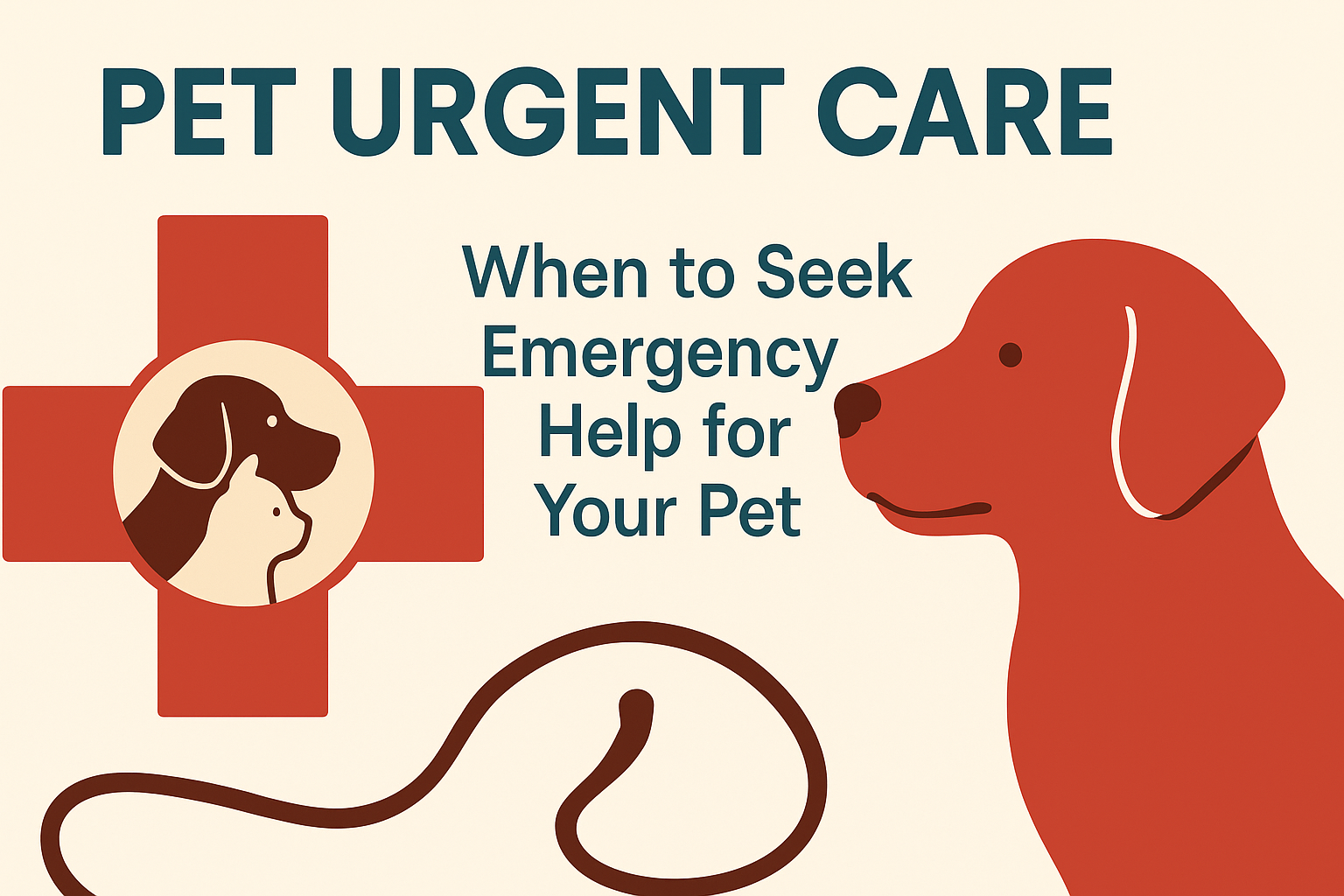Dog owners often find themselves wondering about their pet’s behavior, especially when it comes to dog paw licking. This action is more common than you might think, and it can be caused by a variety of factors. If you’ve noticed your dog engaging in excessive paw licking, you’re not alone. Many dog owners face this issue, and it’s essential to understand the underlying paw licking causes to address the problem effectively. why is my dog licking his paws This article will explore the reasons behind dog paw licking and provide guidance on how to manage and resolve the issue. Key Takeaways Understanding Normal vs. Excessive Paw Licking Paw licking is a common behavior in dogs, but it can be a sign of an underlying issue when taken to an extreme. Dogs naturally groom themselves by licking their paws to remove dirt and debris. What’s Considered Normal Paw Licking Behavior Normal paw licking is part of a dog’s grooming routine. It helps to remove dirt, reduce stress, and maintain paw health. Occasional paw licking is generally not a cause for concern. Signs Your Dog’s Paw Licking Is Problematic Excessive paw licking can indicate an underlying issue. To determine if your dog’s paw licking is problematic, consider the following: Frequency and Duration If your dog is licking their paws persistently or obsessively, it may be a sign of a problem. Physical Signs of Irritation Check for redness, swelling, or discharge around the paw area. These signs can indicate an underlying issue that needs attention. Why Is My Dog Licking His Paws? Common Medical Causes When it comes to understanding why your dog is licking his paws, several medical causes come into play. Dogs often exhibit paw licking behavior due to underlying health issues that need to be addressed. Allergies and Skin Irritations Allergies are a common culprit behind paw licking in dogs. These allergies can manifest as skin irritations, leading to discomfort and the urge to lick. Food Allergies Food allergies occur when a dog’s immune system reacts to a particular ingredient in their diet. Common allergens include beef, dairy, and soy. Identifying and eliminating the allergenic food can help alleviate symptoms, including paw licking. Contact Allergies Contact allergies, on the other hand, are triggered by substances that come into direct contact with the dog’s skin, such as certain grasses, plants, or chemicals. Removing the allergen and applying topical treatments can help soothe the skin and reduce licking. Injuries and Foreign Objects Injuries to the paw, such as cuts or abrasions, can cause dogs to lick the affected area. Similarly, foreign objects like dirt, debris, or even a tick can irritate the paw, leading to licking. Cause Symptoms Action Injuries Pain, swelling, redness Clean the wound, apply antibiotic ointment Foreign Objects Irritation, licking, chewing Inspect the paw, remove the object Infections (Bacterial, Fungal, Yeast) Infections can also cause paw licking. Bacterial, fungal, and yeast infections can lead to discomfort, redness, and a strong odor. Antibacterial or antifungal treatments may be necessary to clear up the infection. Parasites and Pests Parasites like fleas, ticks, and mites can cause significant discomfort, leading to paw licking. Using preventative measures such as flea and tick medication can help mitigate this issue. Understanding the underlying medical cause of your dog’s paw licking is crucial for effective treatment. By identifying the root cause, you can take the necessary steps to alleviate your dog’s discomfort and prevent further complications. Behavioral Reasons Behind Excessive Paw Licking Behavioral factors such as anxiety, boredom, and stress can lead to excessive paw licking in dogs. It’s essential to understand that dogs often exhibit behaviors that are a response to their environment or emotional state. Anxiety and Stress Dogs, like humans, can suffer from anxiety and stress, which can manifest in various ways, including paw licking. This behavior can be a coping mechanism, providing temporary relief from their anxiety. Separation Anxiety One common form of anxiety in dogs is separation anxiety, where dogs become distressed when left alone. This anxiety can lead to behaviors like paw licking as a way to self-soothe. Environmental Stressors Environmental stressors, such as changes in the household, new pets, or even a new baby, can cause stress in dogs. This stress can trigger behaviors like excessive paw licking. Boredom and Lack of Stimulation Dogs need mental and physical stimulation. When they lack sufficient activity or engagement, they may resort to boredom-induced behaviors like paw licking….






